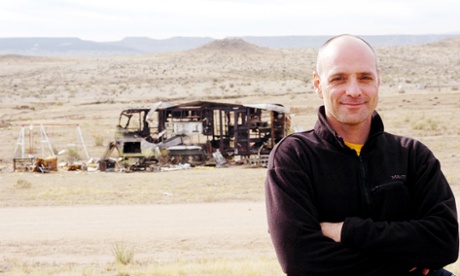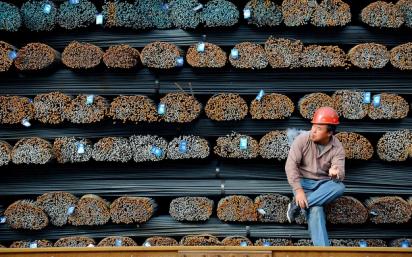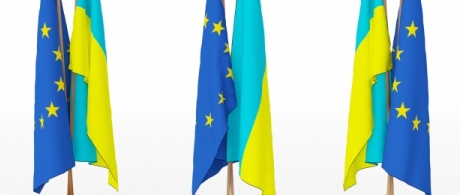PRINCETON – Most of today’s advanced economies became what they are by traveling the well-worn path of industrialization. A progression of manufacturing industries – textiles, steel, automobiles – emerged from the ashes of the traditional craft and guild systems, transforming agrarian societies into urban ones. Peasants became factory workers, a process that underpinned not only an unprecedented rise in economic productivity, but also a wholesale revolution in social and political organization. The labor movement led to mass politics, and ultimately to political democracy.

Over time, manufacturing ceded its place to services. In Britain, the birthplace of the Industrial Revolution, manufacturing’s share of employment peaked at around 45% before World War I and then fell to just above 30%, where it hovered until the early 1970’s, when it began a precipitous decline. Manufacturing now accounts for slightly less than 10% of the workforce.




